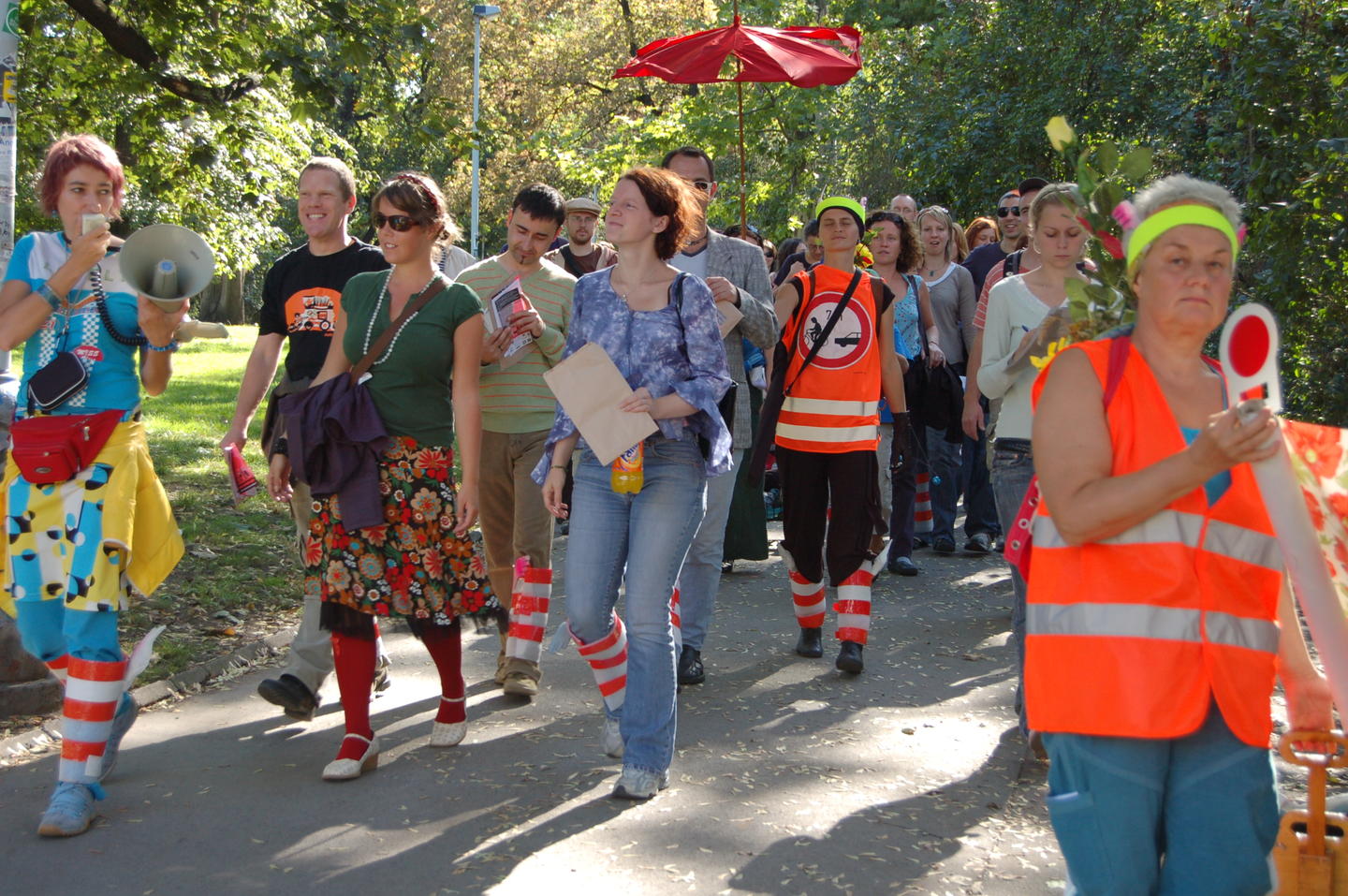A vibrant and robust civil society is most clearly embodied in the active involvement of non-governmental organisations. In Central and Southern Europe, however, the civil society is still young and vulnerable, and many recently established NGOs lack the means to fulfil their potential as social catalysts.
Building capacity
Through the 19 NGO funds established in 12 beneficiary states, civil society organisations across Europe have found an indispensable source of support to strengthen their capacity. Involvement of civil society is important in most areas of social and economic life and a wide variety of NGOs are supported under the NGO funds. Projects to promote democracy, human rights and justice, as well as protecting the environment dominate the spectre.
Examples are efforts to integrate the Roma minority in the Czech Republic, Greece, Hungary and Slovakia, to monitor the performance of Polish national police and courts towards crimes related to racism, discrimination or acts of hatred, and the development of educational documentary films on issues of nature protection and sustainable development for schools in Latvia.
In addition to the NGO funds, the EEA and Norway Grants support some 140 individual projects implemented by NGOs, within priority sectors such as environment and sustainable development, health and childcare and human resources development.
Filling the funding vacuum
With many NGOs experiencing difficulties in obtaining funding, the grant support has been warmly welcomed by civil society organisations across Europe. According to Kuba Wygnański, fondly referred to in Poland as one of the prime movers of the country's NGO sector, the support from the EEA and Norway Grants has come at a time of financial uncertainty for Central European civil society organisations. While the end of the Cold War saw foreign donors embracing the burgeoning NGO sector in Central Europe, numerous private and bilateral donors have in recent years withdrawn from the new EU member states.
This new situation has posed grave challenges, both to the sustainability and to the very existence of civil society organisations in the region. Private contributions have also diminished alongside the global financial crisis, hitting the NGO sector across Europe hard. In this economic climate, the financial support from Iceland, Liechtenstein and Norway has become ever more important.
